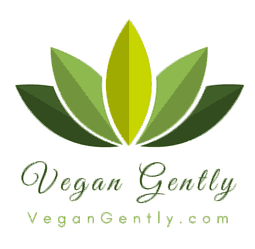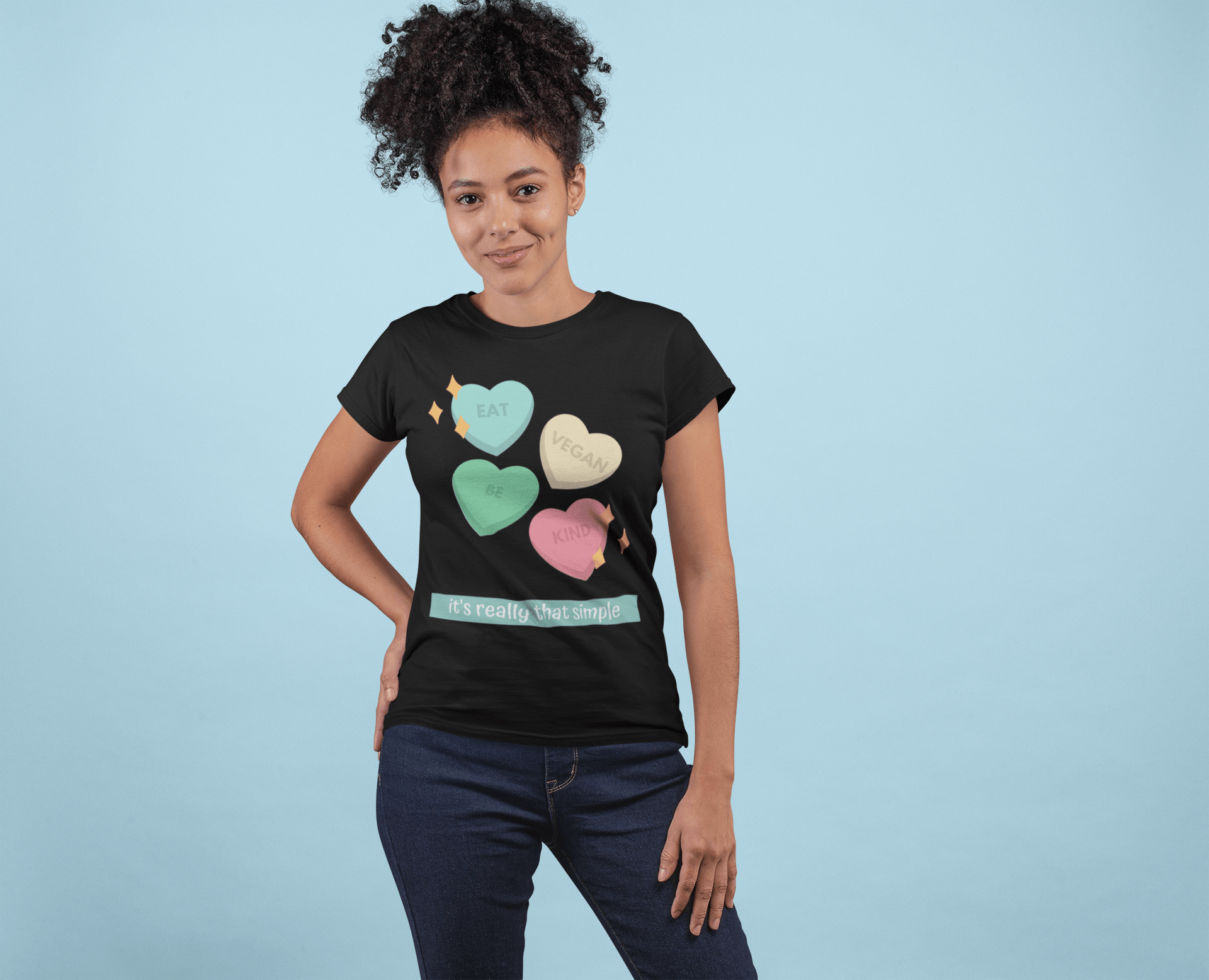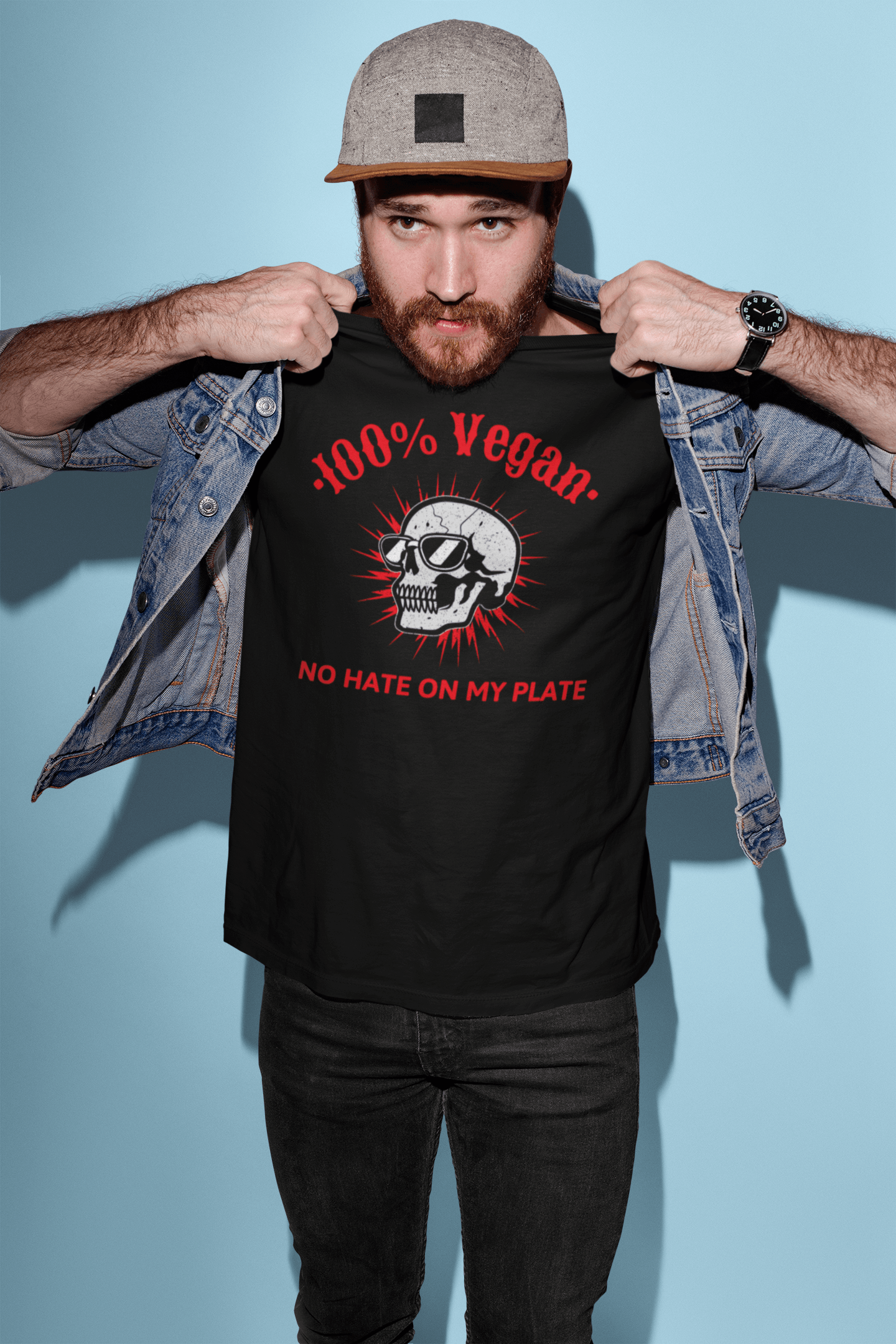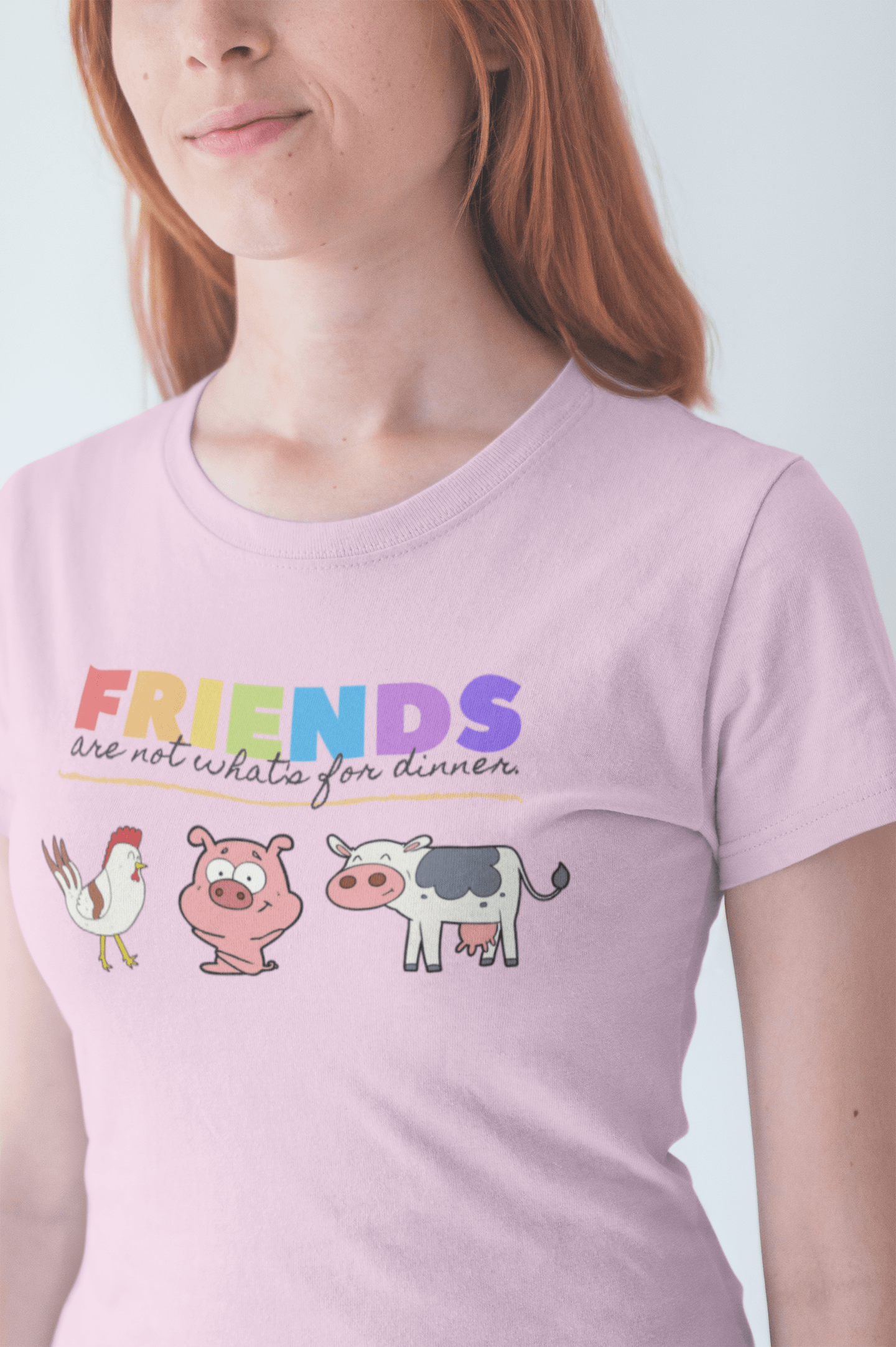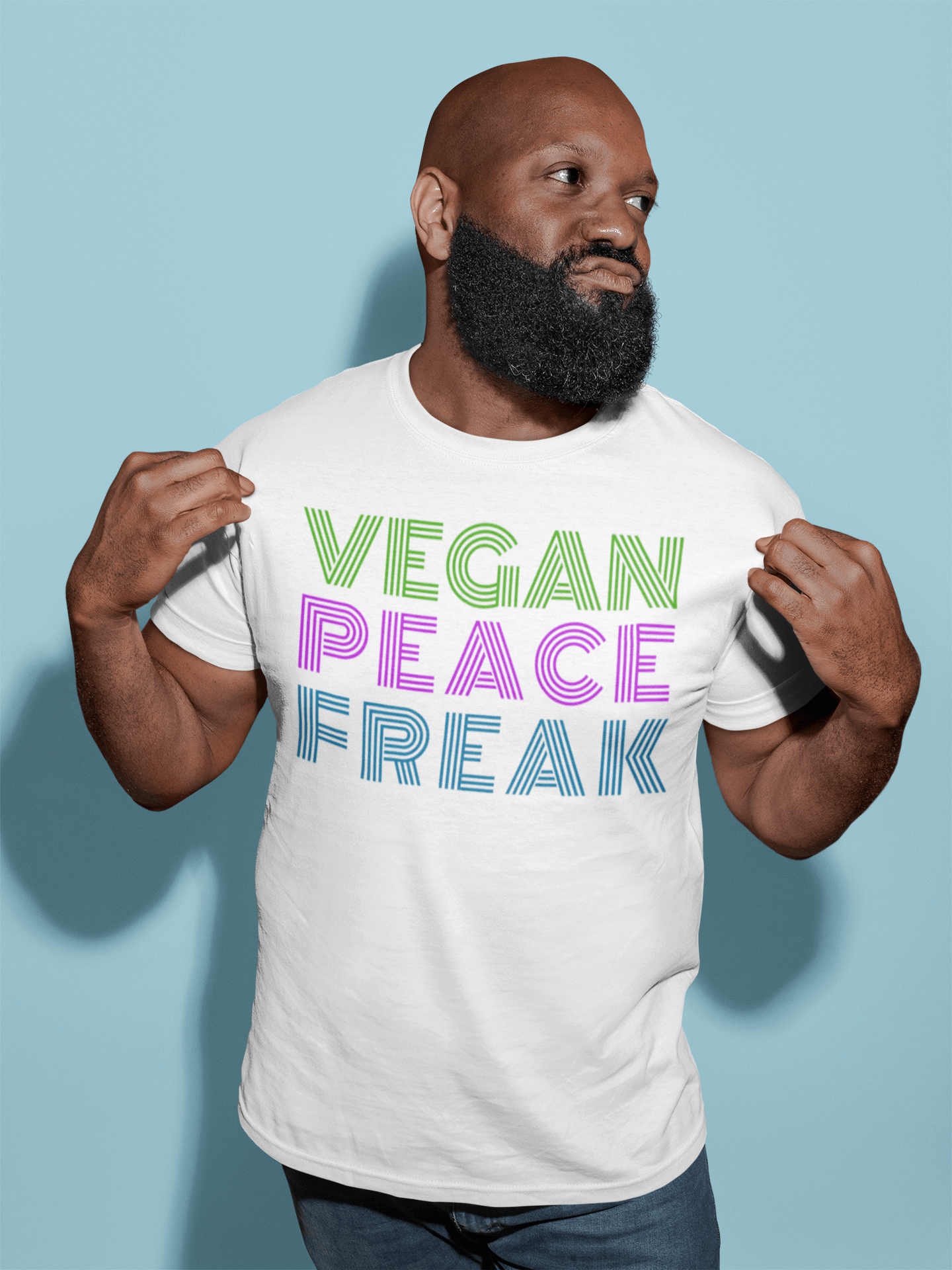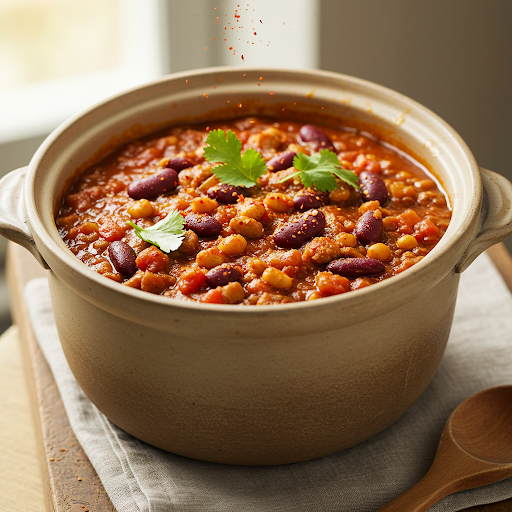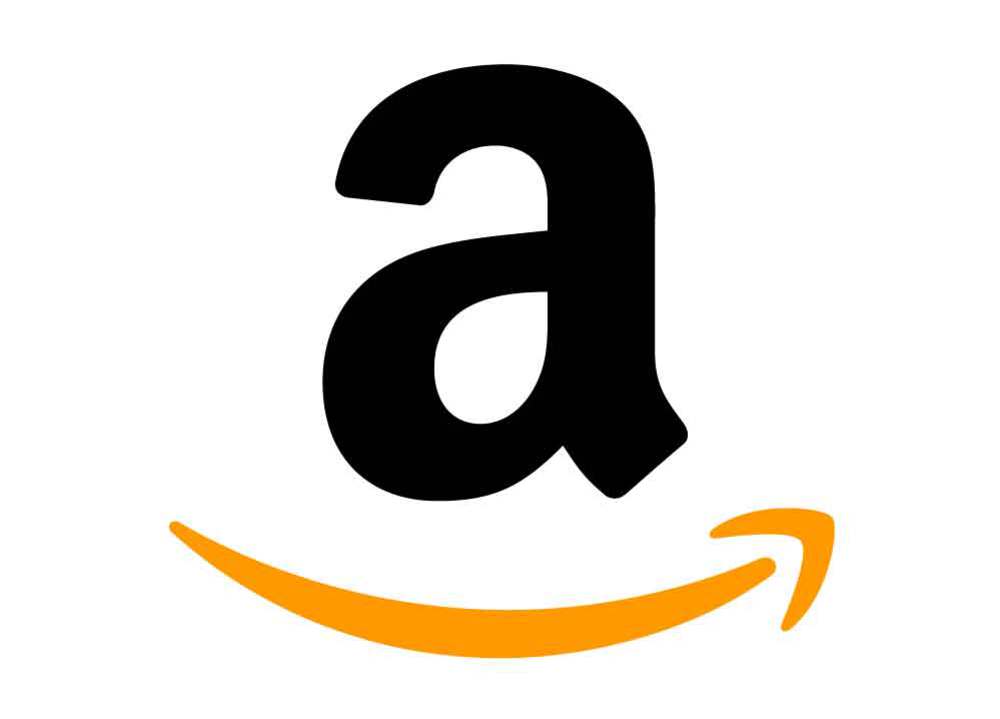Should Vegans Take Nutritional Supplements?
Jim Moore • November 20, 2020
Evaluate, Balance, and Fortify Your Diet for Maximum Nutrition
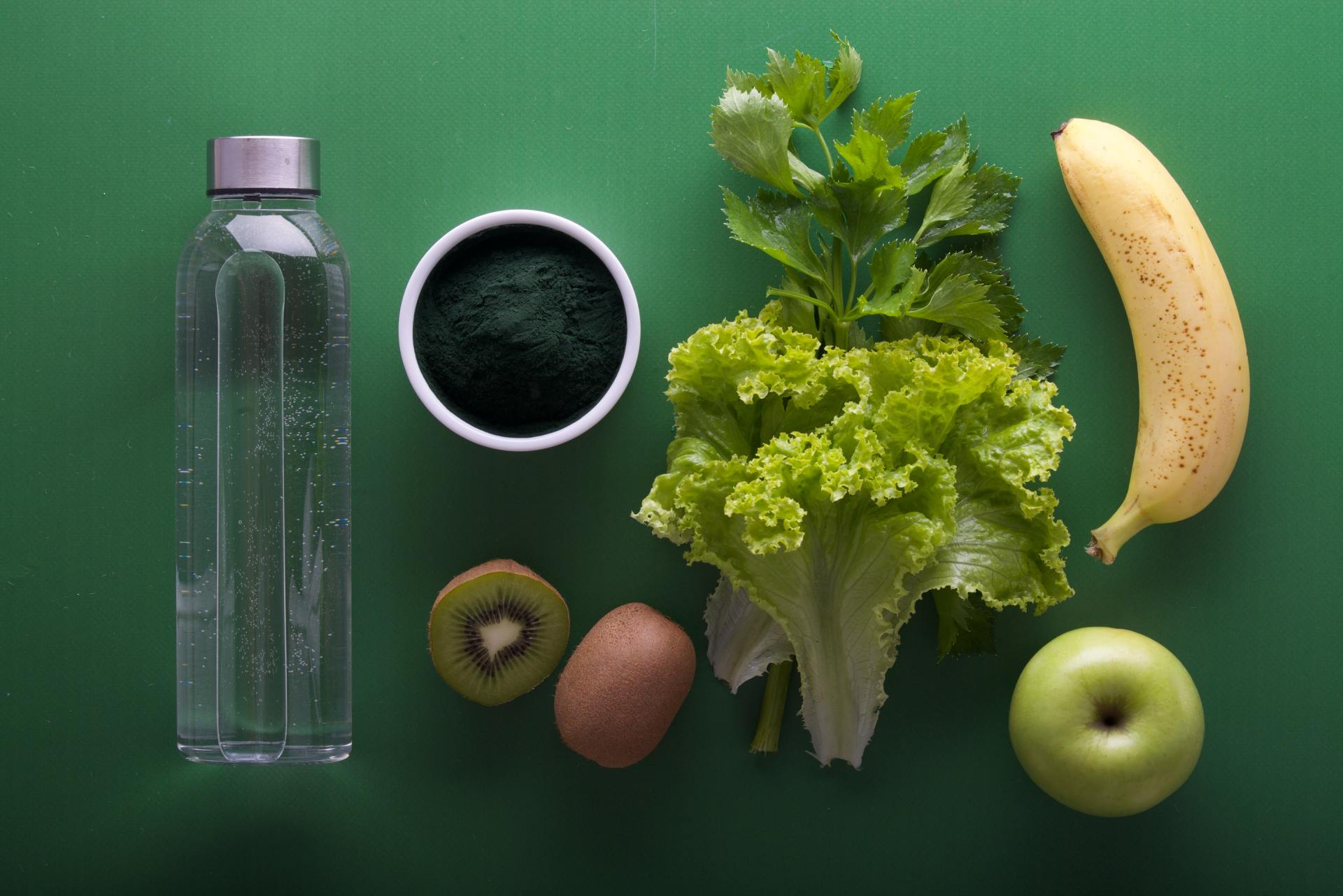
Vegans make the conscious choice to adopt a plant-based diet for a variety of reasons. Whether it is for health reasons or because they have adopted a belief structure that is opposed to eating animals and their byproducts, veganism is indeed a choice. Further, it should be no surprise that a low-fat diet rich in vegetables, fruits, and nuts can be useful for your health. It’s not uncommon either for doctors to suggest that their patients eliminate red meat from their diets.
However, vegans often experience deficiencies in vitamins such as vitamin B12, vitamin D, DHA/EPA, iodine, zinc, selenium, magnesium, and vitamin K2. Vegans often elect to take nutritional supplements as a way to counter-balance these deficiencies. Though B12 is probably the most important dietary supplement for vegans to add to their diet, most vegans elect to take additional supplements to make up for other potential shortfalls.
The importance of vitamin B12
When your body does not take in enough B12, your body becomes at risk for anemia and nervous system damage. Vegan foods are often void of B12, and the only reliable vegan sources of B12 are foods that have been subsequently fortified with the vitamin. This includes plant-based milk, various soy products, and a handful of vegan-friendly breakfast cereals.
Thus, the best solution to ensure that you are consuming enough B12 is to add it in a supplement. When you consume the right amount of B12, it can help minimize the potential risk of pregnancy complications and heart disease.
Check the label on the multivitamin
When selecting a multivitamin, you should look for one that includes 100% of the daily value of most of the included ingredients. However, specific nutrients, calcium being one of them, can’t be had at 100%. Other vitamins, such as A, D, E, and K, are also not likely to be included at 100% as too much can lead to toxicity over time.
Not only should you check the label for the number of nutrients to make sure you are getting the right amount, but you also need to pay attention as to whether or not the content includes iodine. And, not all multivitamins are vegan friendly. Ritual, Nature’s Way, and Hippo7
are just a few examples of vegan-friendly multivitamin brands.
When properly managed, a vegan diet will provide just about everything you need to maintain your health. Thus, you just need a little bit of help from an affordable supplement or multivitamin.
Plan your diet to ensure proper intake of calcium, fiber, and potassium
With a well-balanced vegan diet, you should be able to get the proper daily intake of calcium, fiber, and potassium. For calcium, look for green leafy vegetables, orange juice, tofu made with calcium nitrate, plant-based milk, or almonds.
For fiber, look for beans and legumes, nuts and seeds, oats and whole grains, and fruits and vegetables. For potassium, great sources include beans and legumes, potatoes, low-fat milk and yogurt, lower-sodium canned tomato products, and fruits.
Share Your Vegan Message with VeganGently.com Gear
Vegan Gently Blog
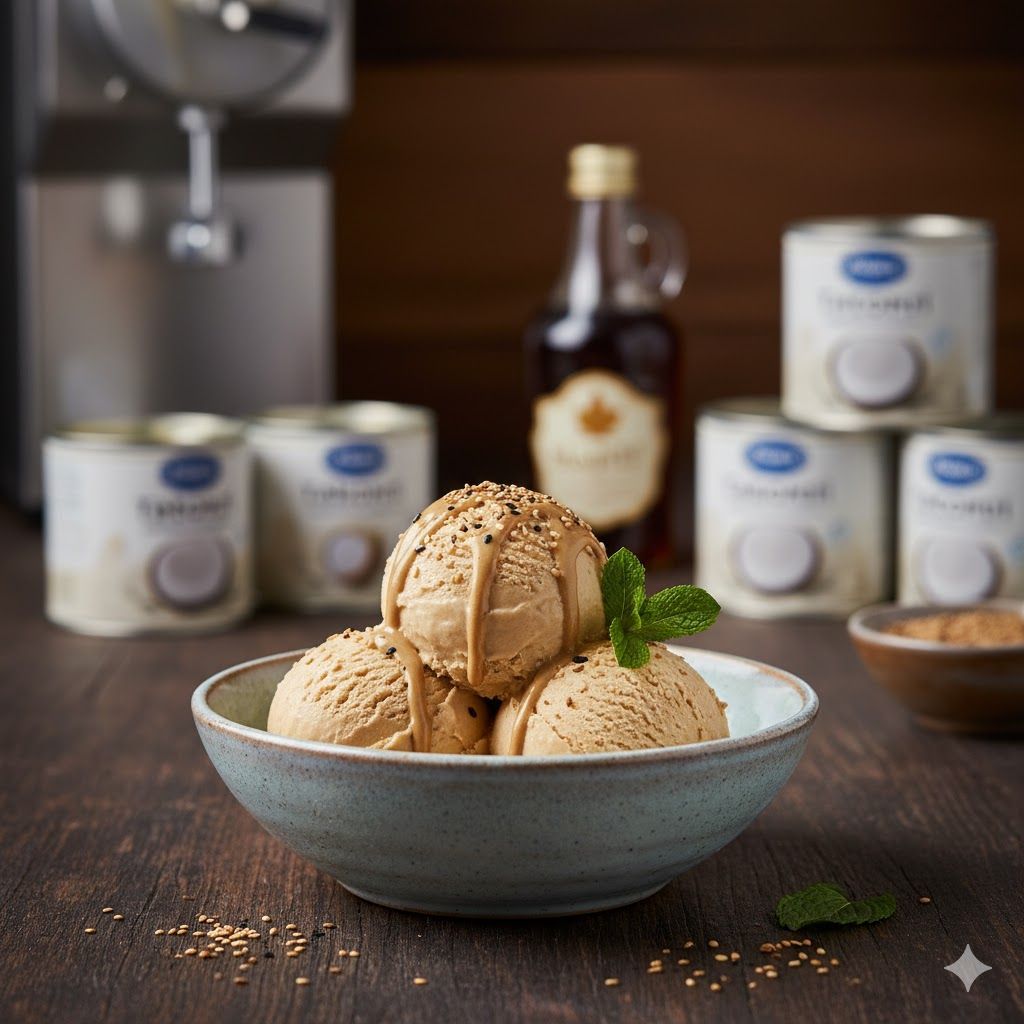
The modern culinary landscape demands inclusivity, and offering a spectacular vegan dessert is no longer a niche luxury—it’s a business necessity. This Tahini Coconut Milk Ice Cream provides a high-end, genuinely satisfying frozen treat that caters to guests who are dairy-free, vegan, or managing various allergies, ens

So, you're thinking about going vegan? That's awesome! Whether it's for ethical reasons, environmental concerns, or personal health goals, a vegan diet can be a powerful choice. But, like any major lifestyle change, it's important to understand the potential benefits and risks. Let's explore what recent medical literature tells us.
